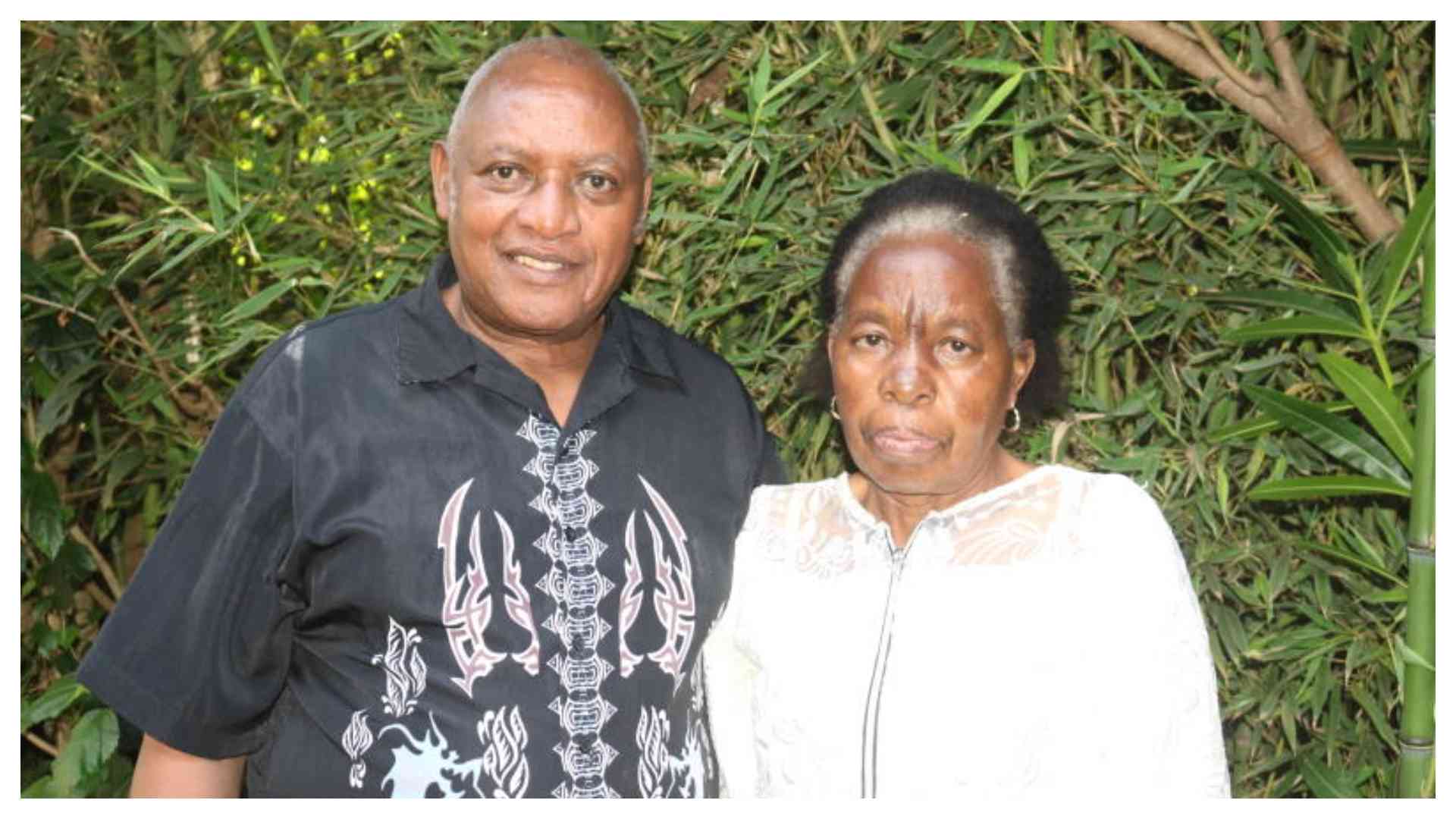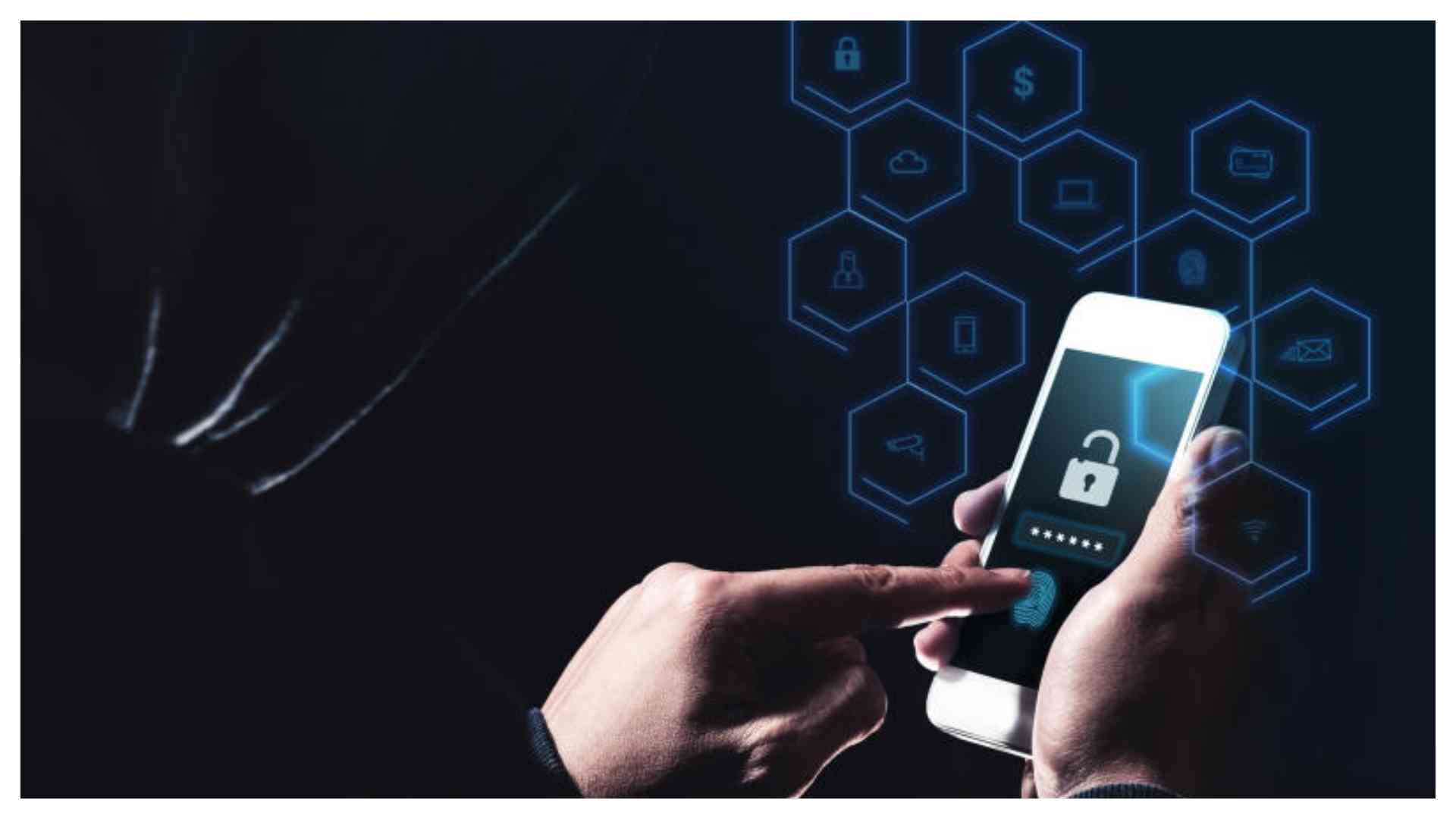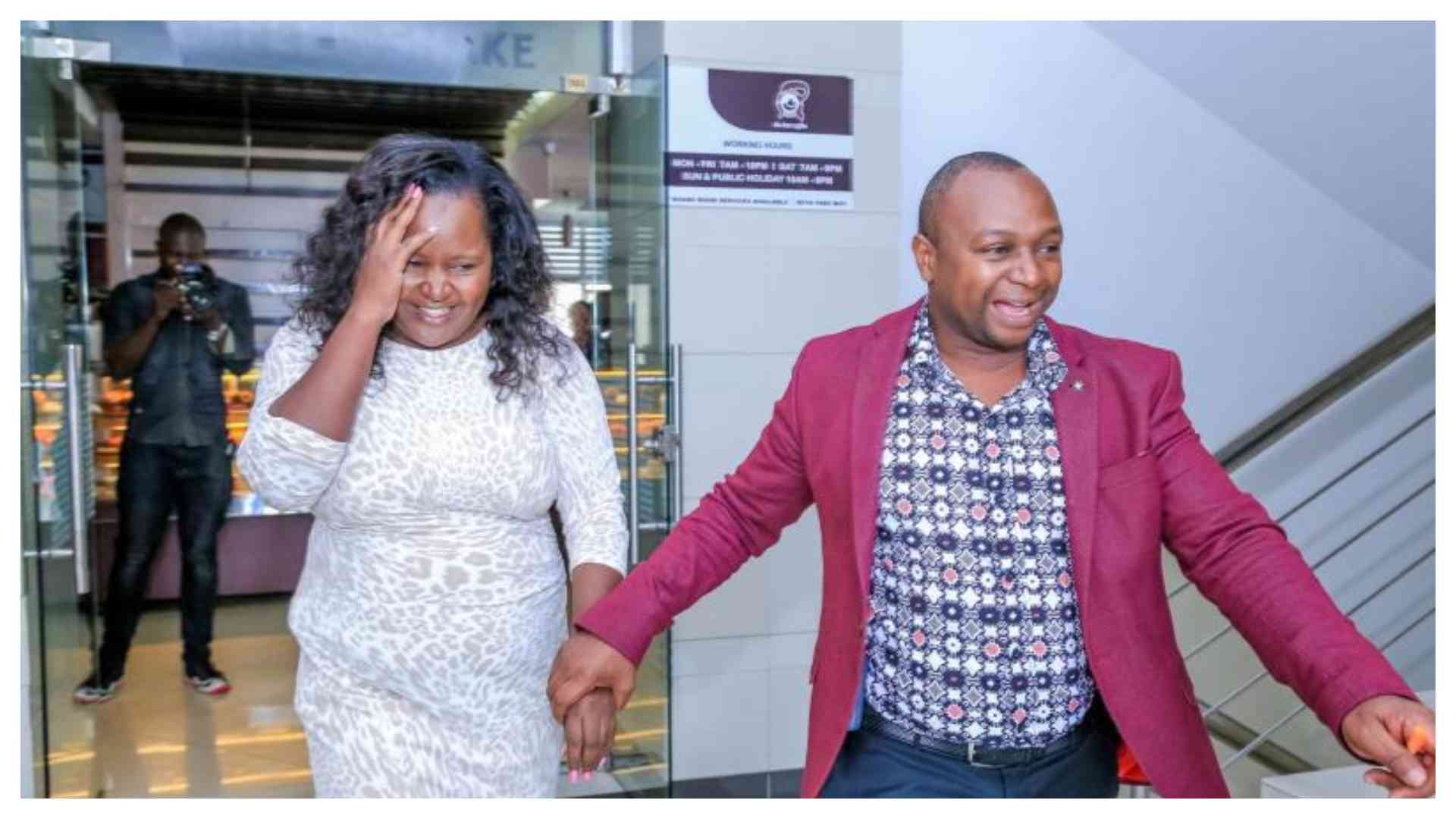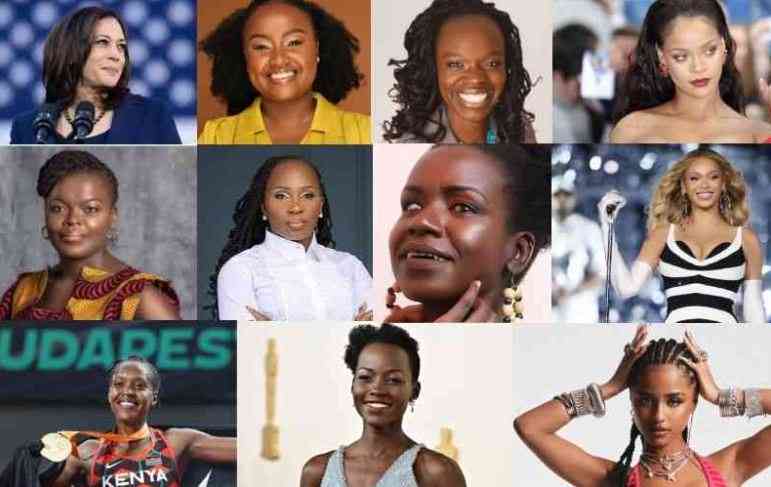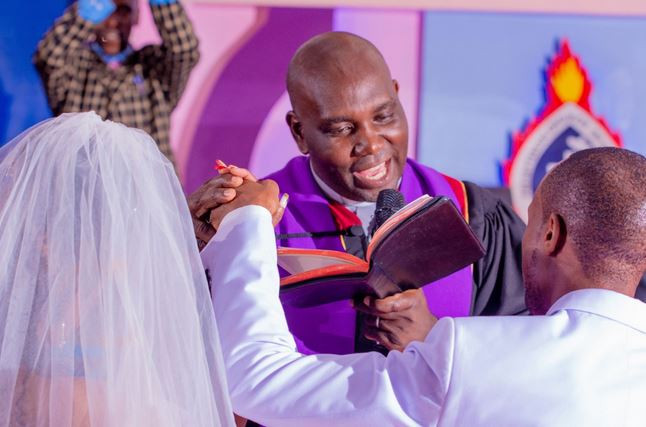
Faith Odhiambo, 38, made history when she became the 51st President of the Law Society of Kenya (LSK), and the second woman to be elected President after former Cabinet Secretary Raychelle Omamo. And since her election, she has been the most visible and vocal woman, fighting injustices and defending rights crusaders.
Having been a board member and secretary at the Federation of Women Lawyers (FIDA) and having served as Nairobi Representative at LSK before becoming the Vice President, now Madam President stands as one of the vocal and powerful women to watch.
On rising to presidency of Law Society of Kenya
The year 2024 has been a transformative year in many respects. Rising to the presidency of the Law Society of Kenya (LSK) as only the second female president was the obvious highlight, and it is an honour I have taken with as much passion as humility. That honour has come with a lot of change and adjustment, not just personally, but professionally and socially as well.
Personally, I have experienced a real resurgence in my level and amount of activity. The demands of this role have brought back the work horse in me. Growing in the corporate scene in legal practice comes with a reduction in your level of activity, because often you are in boardrooms and in your office.
On the pressure that comes with the position around new related roles and expectations
From the moment we started our campaigns to now, it has been an unrelenting period of constantly being on call. The job description for being president of LSK does not include paid leaves or defined working hours. I have been travelling around the country; engaging and being available for my members.
Personally, harnessing the resilience and stamina to work at such high levels of pressure and not cave under the physical or mental demands of it has given me a real sense of growth, and a reminder that I have still got it; the energy, the sharpness, the drive, the capacity and the support system. That said, I must admit that constantly having to work beyond your usual limits, enduring tough moments and sleepless nights, stretching yourself thin to remain the best version of all the hats you wear, is not easy. It has been overwhelming at times. But I have gained immensely through family and friends who have been a mainstay in keeping me sane.
Personal milestones and social dynamics
This year I have had to really get myself out of my comfort zone. My passion in practice has always been in competition law and related fields. In fact that is what I taught at the University of Nairobi before taking a sabbatical to serve the people. However, as president, you must practise quite a lot of litigation, because we are always in court on Public Interest matters, and the buck stops with you as president. So while I would typically spend my professional hours reading and reviewing agreements and managing transactions before the presidency, this year has had a lot more court attendances, and drafting and review of pleadings. It has been an interesting experience nonetheless, and the wins we have had have made it worth my while.
Achievements gained at LSK and playing teamwork
In terms of being president, I believe we have done tremendously well, and I appreciate that there is a lot more that we can achieve. I believe we have built an adequate foundation to inspire the level of confidence and get the amount of support we need to attain all our outstanding tasks. That has required a lot of balance in approaching everything I do in fulfilling my mandate. The first point at which I had to inspire a lot of consensus building and unity of purpose is within my council. We do not vie in alliances or groups so upon assuming office you find yourselves working together despite differing ideas, personalities and backgrounds. Thankfully, the council I was elected with is full of brilliant, humble and forward-thinking professionals who just want what is best for LSK – this made building a collegial and conducive environment to work in a bit simpler.
That said, the delicate nature of fulfilling our mandate is in how one day we need to collaborate with parliament in reviewing and improving legislation and the next we are calling them out for abdicating their duty. On one part we work with the Attorney General to ensure we are consistently improving the standards of legal practice, and on the other we uncompromisingly challenge every government decision that constitutes a mistaken legal position.
Role’s effect on family, social life and privacy
From a social perspective, holding such a demanding office can draw you away from your family and friends. Nevertheless, I believe I have made the most of the time I have to remain a present mother and wife, a good daughter, sister and friend, a reliable partner and mentor at my law firm. I must point out that this role has catapulted my public profile. Everything I do or say and everywhere I go or people I meet is monitored, analysed and conclusions drawn, sometimes very wildly inaccurate and imaginative ones. Certainly, that comes with reduced privacy, my number is now a public line available for the whole country, all of which has called for real growth in not just how I carry myself but how I respond to the new normal.
The real problem around leadership and governance
If I could put the Kenyan problem in as simple terms as possible, I would say the problem is that the government stopped listening. Whether or not the people’s voice has ever been truly heard is another discussion altogether, but the consistent thing is that it has always mattered. The people are the sovereign, certainly that has to count for something.
Riddle me this, whose will does the constitution reflect? The people. Every time the government or any person or entity acts in contempt of the constitution, they are spitting in the eyes of the people. Who is the repository of sovereign power in Kenya? The people. Every time people to whom that power is donated act with impunity and undermine their duty to the people, it is because they have forgotten who the true master is. When Parliament bulldozes a piece of legislation contrary to clear, unambiguous and unanimous resolve from the people, what does that reflect if not tone-deaf structures and leaders? That is the problem we have.
Role in voicing and helping correct this
With this realisation, I understand my duty as a leader is to listen to the people. Most of the people may be wrong some of the time, but all the people cannot be wrong all the time. We need that culture of grace and humility within our leadership structures, because so much is lost in not listening, and absolutely nothing is lost when we take the time to assess the views of the people.
Kenya’s leadership and governance landscape in 2024 has been marred by significant shortcomings. Despite high expectations, little to no progress has been made in key areas such as access to justice, climate action, and anti-corruption measures. Judicial backlogs persist, environmental policies remain poorly implemented, and efforts to curb corruption have largely been cosmetic. Mismanagement of public resources, lack of transparency in public debt management, and unchecked executive overreach are still rampant and have gravely undermined public trust.
On witnessed abductions and Gender-Based Violence (GBV)
The rise in abductions and cases of GBV and femicide in 2024 shook the nation’s conscience. These acts were not isolated incidents; they reflected systemic failures in law enforcement, cultural attitudes, and institutional accountability.
When it comes to abductions, families across the country were torn apart, with cases involving activists, businesspersons, and ordinary citizens. Throughout the Gen Z demonstrations and the period after, we witnessed our security agencies operating in clandestine, archaic ways; things we worked so hard to move away from. The psychological and social impact this had on victims and their families has been immense, creating a climate of fear and distrust in state institutions.
On GBV and femicide, women continue to bear the brunt of societal violence, with shocking statistics revealing that over 40 percent of women have experienced some form of gender-based violence. The ripple effects extend to mental health crises, economic instability, and intergenerational trauma.
Key lessons learned from this
We need to strengthen our institutional frameworks to ensure constitutional and legal compliance. The independence and autonomy of our institutions cannot be for show, it must be purposeful, deliberate and actual. Until then, the culture of interference will persist to the detriment of our people.
We must also build societal awareness and dismantle harmful cultural norms that perpetuate violence. If the anti-finance bill protests taught us anything, it is that change can only be achieved by an informed, collective populace. We must bring everyone on the same page to advance the common good of social justice.
Major wins and reflection ahead
Despite the challenges, 2024 has seen key victories, which include legal reforms, landmark court decisions, public debt accountability and community engagement. As we transition into 2025, Kenya stands at a crossroads. The resilience of its people, coupled with progressive reforms, provides hope. However, the threats to democracy and human rights cannot be ignored. I expect public pressure to continue to demand accountability, particularly in managing public resources. The digital space will remain a battleground for civic activism, with young people leading the charge.
Final reflections
As a society, we must remain vigilant, ensuring that leadership prioritises accountability and inclusivity. It is through unwavering commitment and collaboration that we can create a Kenya where justice and equity prevail.
 The Standard Group Plc is a multi-media organization with investments in media platforms spanning newspaper print
operations, television, radio broadcasting, digital and online services. The Standard Group is recognized as a
leading multi-media house in Kenya with a key influence in matters of national and international interest.
The Standard Group Plc is a multi-media organization with investments in media platforms spanning newspaper print
operations, television, radio broadcasting, digital and online services. The Standard Group is recognized as a
leading multi-media house in Kenya with a key influence in matters of national and international interest.

